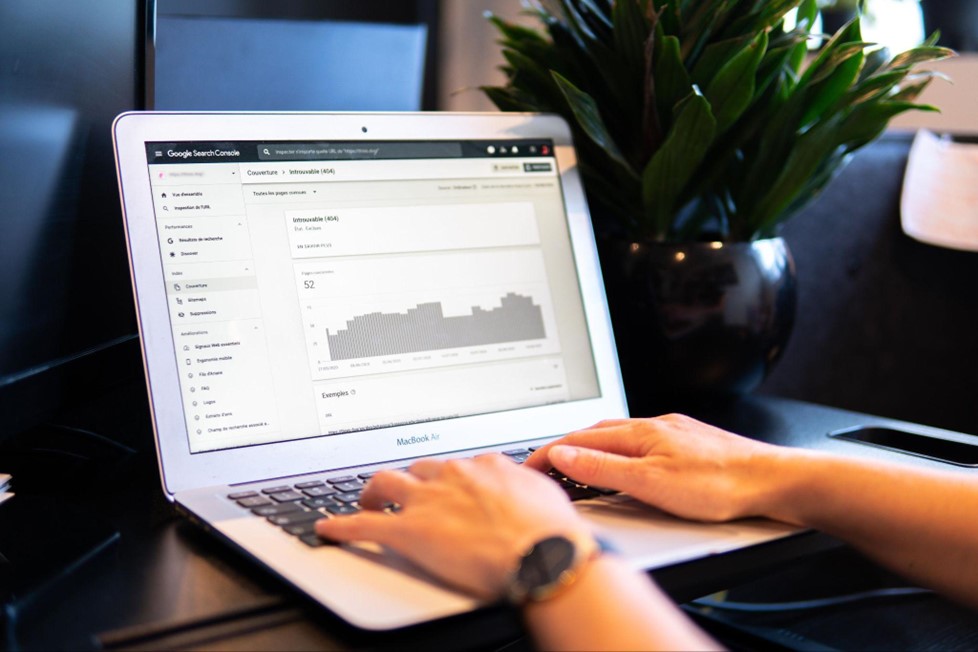Web scraping is a common practice worldwide for collecting public data from various sources. Businesses collect data to make more informed decisions. And proxy servers help a lot in the process by providing easy access to websites. But sometimes, managing the proxy pool for web scraping can be a bit tricky.
Backconnect proxy is helpful in such cases because backconnect proxy servers automatically rotate the IP address so that you can scrape data from the web without hassle.This guide discusses what backconnect proxies are, how they work, their types, and their benefits. Check it out.
What Are Proxies?
Before we get into the details, let’s understand proxies. These are basically IP addresses that mask your original IP address. Proxy servers are intermediary servers between your device and the target server. When you make a connection request, the request goes via the proxy server.
The server then hides your IP address and assigns a different IP address so that the target server doesn’t recognize where the request is coming from. The response from the target server reaches the proxy server and the proxy server redirects the response to your device.
Why Are Proxies Important for Web Scraping?
Among many use cases of proxies, web scraping is very common. People commonly use scraping tools to collect data from websites. These tools or bots can make numerous requests within a short period. When multiple requests reach the web server from the same IP address, the web server blocks the IP address.
This is when you need proxies. If you use proxies, the proxy server will hide your original IP address. As the requests aren’t generated from the same IP address, web servers don’t recognize them as malicious actions. So, you can easily scrape data from the web.
How to Use Proxies for Web Scraping?
Learn the steps of using proxies for web scraping from the following guide.
Step 1: Choosing the Right Proxy Server
First of all, you need to pick a good proxy server that meets your needs. You must check the reliability, connection speed, stability, proxy pool size, and other factors before you choose your proxy service provider. These providers offer different types of proxies, such as datacenter proxies, residential proxies, or mobile proxies. Choose your desired type depending on your purpose.
Step 2: Get Your Proxy Server Information
After picking the right provider, you need to have all the necessary details. In this case, you will need proxy IPs and ports to use for web scraping. If you aren’t using a backconnect proxy server, you will receive a list of proxy IP addresses.
Step 3: Setup the Scraping Tool
Depending on whether you are using a readymade scraping tool or your own scraping script, you might need to follow different methods to configure the proxies. If you use a readymade tool, go to Settings and then find proxy options. Enter your proxy addresses and port numbers to configure the tool.
How Backconnect Proxies Help in Web Scraping?
To understand its benefits, you need to know how backconnect proxies work. If you don’t use a backconnect proxy server, your request will go through the proxy server and your selected proxy address will be used. You need to change this proxy address manually.
But with backconnect proxies, the server selects the proxy address depending on your needs. Say you have a pool of ten proxies. When your device is connected to a backconnect proxy server, the server will select the most suitable proxy from the pool and use it to hide your original IP address.
If you need an alternate proxy for a new connection, the server will change the proxy depending on your settings. And you can customize the settings to decide how the proxies will be rotated.
Benefits of Proxies for Web Scraping
Here is a quick overview of the benefits you get by using proxies for web scraping.
- As proxies hide your original IP address, web servers can’t detect them or block them from scraping data.
- Some data may not be available in all regions. If you are facing such restrictions, you can easily overcome that by using proxies.
- Web scraping poses multiple obstacles, such as CAPTCHAs or rate limits. With proxies, you can bypass these security measures and collect your desired data.
- When you are scraping massive data, manual scraping takes a lot of time and effort. Proxies help you send numerous requests at the same time without getting blocked.
Conclusion
Proxies are of great importance for almost all internet users these days. Besides individual use, proxies are also used for business purposes. And web scraping is one of the most common operations that require the use of proxies.
With proxies, businesses can collect the necessary data in the shortest possible time. Plus, proxies keep the original IP address from getting banned. But you must choose the proxy server wisely.







